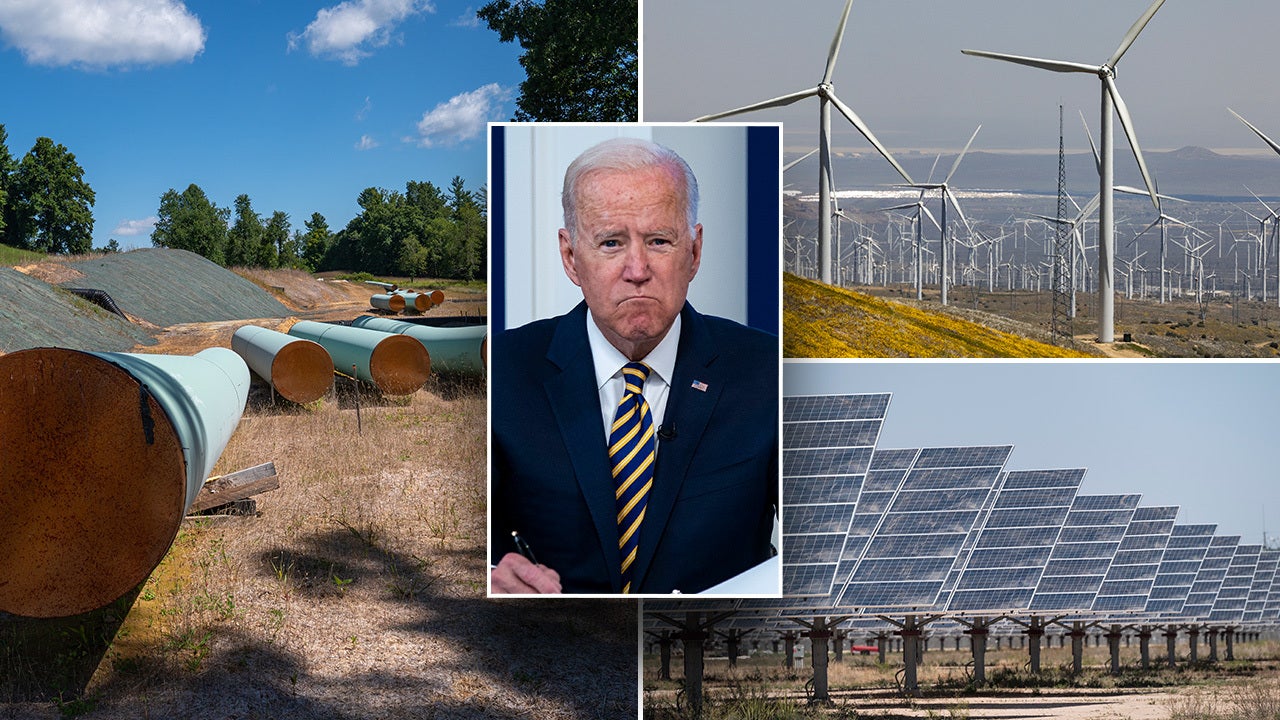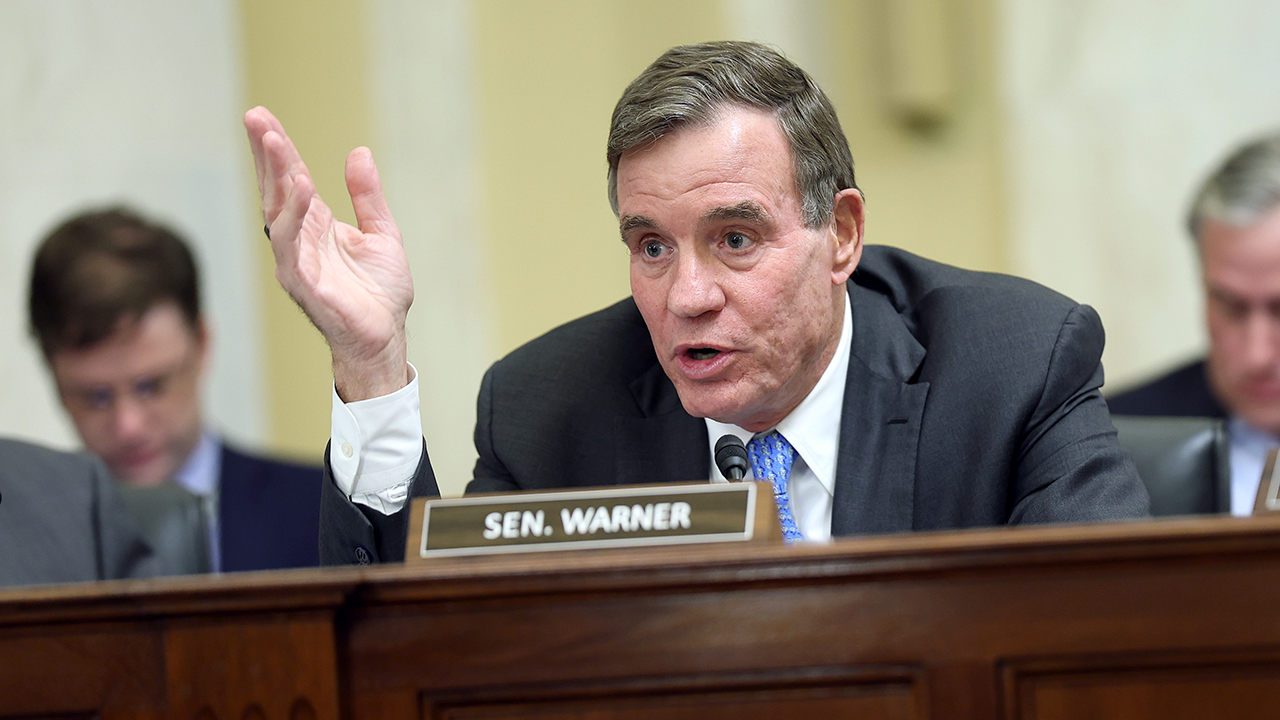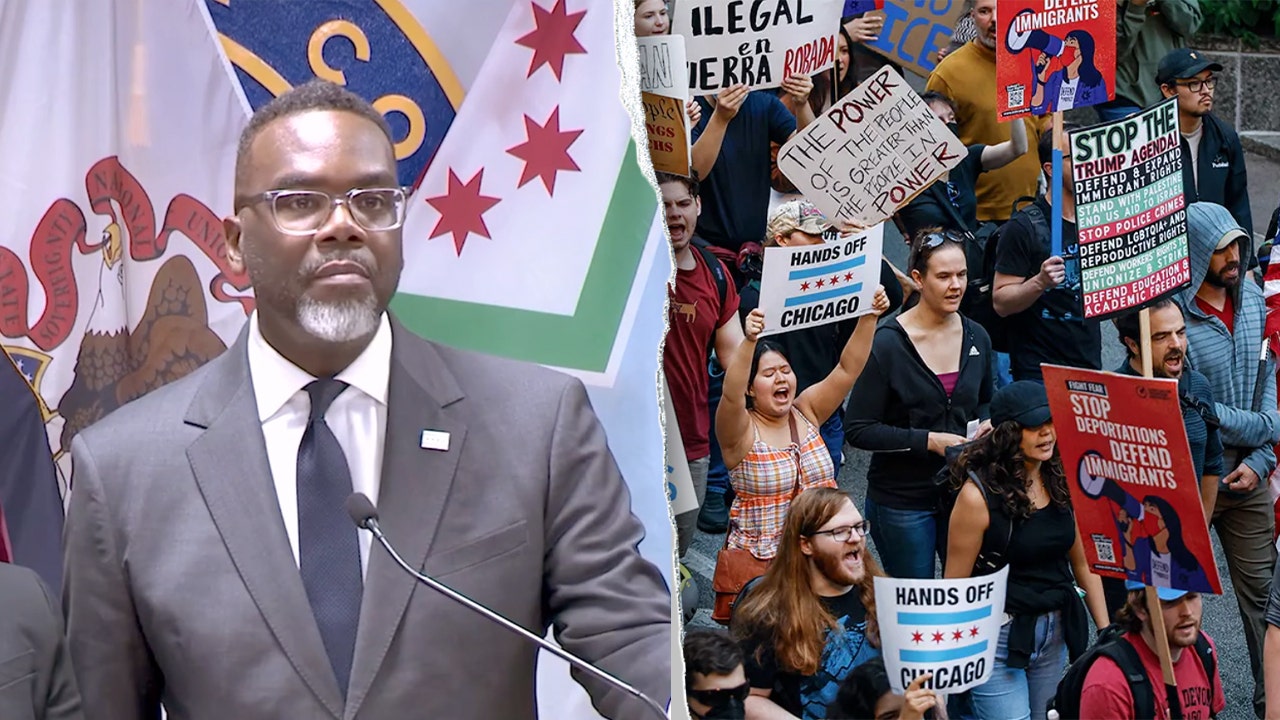Biden sends out delegation to address national security risks of climate change

The White House has recently released a fact sheet outlining the key focuses of the Biden administration’s work at the U.N. Global Climate Change Summit, which is currently taking place in Azerbaijan. The fact sheet highlights the three main pillars that the U.S. delegation will be concentrating on during the conference, with a specific emphasis on addressing the national security risks associated with climate change.
According to the fact sheet, the U.S. delegation will be advocating for the country’s efforts to embrace the economic opportunities presented by the shift towards clean energy, as well as highlighting the dangers that climate change poses to national security. The document specifically mentions nuclear energy production and clean energy capacity as key areas of focus in relation to national security concerns.
In a related development, back in September, the Biden administration unveiled a “U.S. Framework for Climate Resilience and Security,” underscoring the crucial understanding within the U.S. national security community regarding the threat posed by climate change to existing security vulnerabilities. The framework pointed to a range of impacts, including increased flooding and severe storms affecting military bases, extreme heat leading to loss of lives and reduced productivity, as well as decreased food security due to droughts and air pollution. Additionally, the framework highlighted the need for the military to be prepared to respond to the escalating disasters triggered by climate change, which can strain its resources.
The fact sheet also referenced President Biden’s early executive actions, which have placed a strong emphasis on integrating climate considerations into foreign policy, diplomacy, and national security planning. John Kerry, Biden’s former climate envoy, noted that Biden had taken historic steps by directing U.S. intelligence agencies to analyze the national security risks associated with climate change, a first in U.S. presidential history.
Overall, the Biden administration’s commitment to leveraging U.S. climate leadership both domestically and internationally is apparent in its proactive approach to addressing the multifaceted challenges posed by climate change. By prioritizing national security concerns and advocating for clean energy solutions, the U.S. delegation at the U.N. Climate Change Summit aims to accelerate global climate action and pave the way for a more sustainable future.




